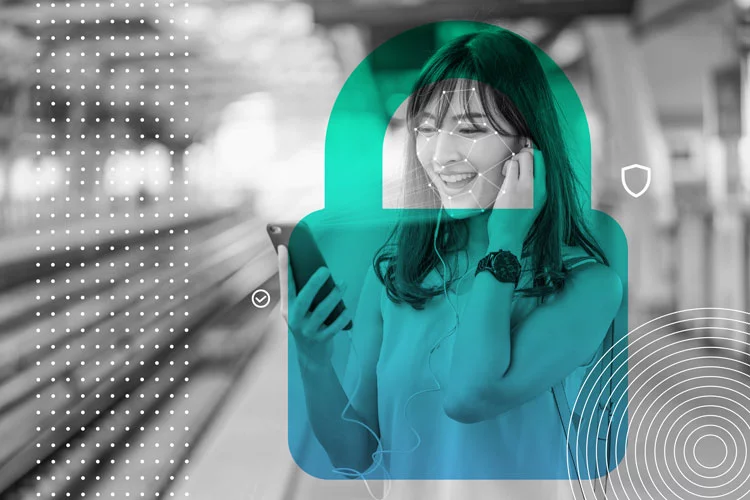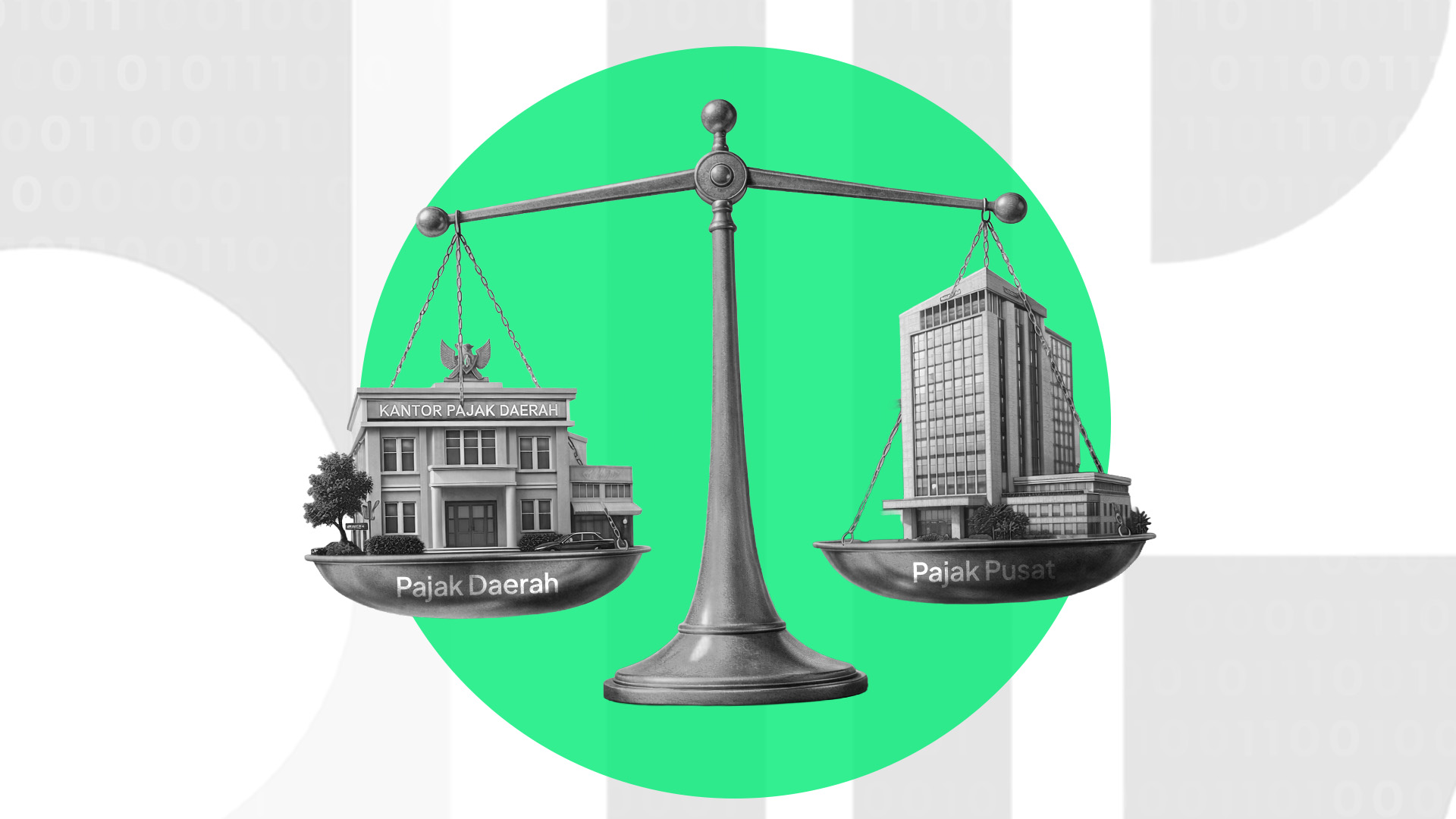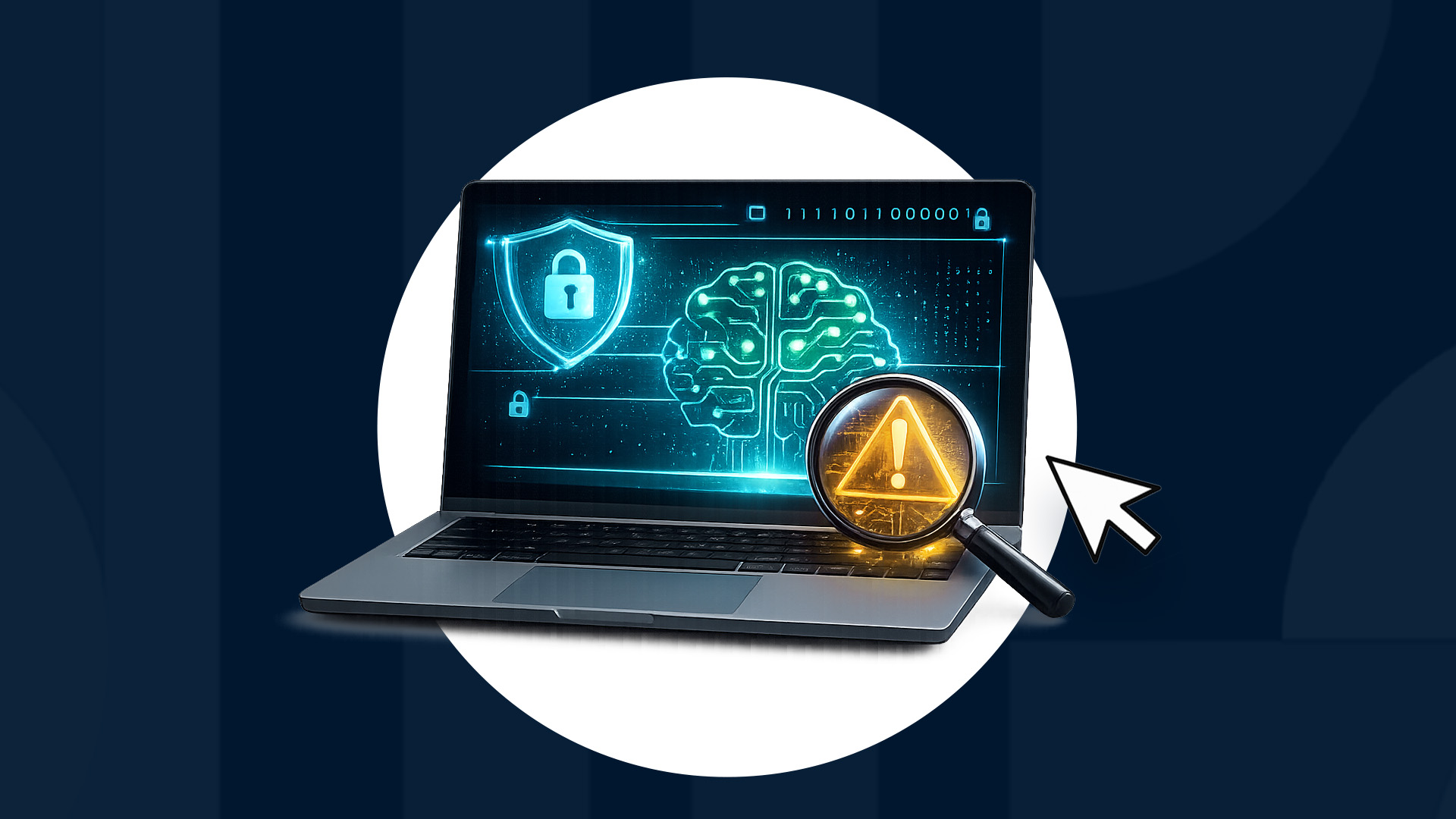One of the visible examples of the increasingly diverse needs of society in this digital era is the financial technology (or fintech) industry, with the rise of services such as microfinancing, P2P lending, crowdfunding, digital payments and market comparison sites.The increasing growth in the number of fintech transactions has necessitated increased regulation in the digital-identity verification process.
Biometric identity verification can prevent fraud in the online loan industry. To find out how, read on.
Understanding the P2P Industry in Indonesia
The fintech peer-to-peer (P2P) loan sector is currently growing rapidly and is easily accessible, both by people who need loan funds and MSMEs who will develop their businesses.
According to OJK Regulation No.77/POJK.01/2016, P2P lending is a service that facilitates the direct borrowing of money in rupiah between creditors (lenders) and debtors (borrowers) using information technology. Fintech lending is also known as Information Technology-Based Lending and Borrowing Services (LPMUBTI).
Fintech P2P lending creates an online platform that provides facilities for fund owners to provide loans directly to debtors with higher returns, while fund borrowers can apply for credit directly to fund owners with easier terms and a faster process compared to conventional financial institutions.
With the proliferation of fintech P2P lending in Indonesia, OJK urges the public to always use service providers that have been registered with and licensed by OJK.
The Importance of Identity Verification
Digital identity is a representation of one's identity in a network of information systems and digital technology. Ideally, the digital identity is accompanied by an electronic certificate issued by the organizer with official permission from the government.
The use of a digital-identity system can minimize the risk of fraud, because the data in the digital identity is stored using special encryption with a hashing algorithm that converts the digital data into a hash, or a series of numbers and letters that can be used as digital fingerprints. This reduces the risk of electronic-transaction crimes such as phishing, fraud, and malware. Moreover, all digital identity data is stored on servers with advanced security systems. You control who can access the data.
With various encryption technologies that complement it, digital-identity systems are also relatively more secure when compared to conventional ones. This means that the level of protection for identity data will be higher so that confidentiality is better maintained.
Biometric Identity Verification for the P2P Industry
Transactions on digital platforms are closely related to the storage of personal data and sensitive information. Biometric verification based on electronic certificates can prevent the theft and falsification of personal data. Crime and theft in the digital world often occur because there are weaknesses in data security, both from the system and the actions of irresponsible people, which can be avoided with an electronic certificate-based identity-verification solution.
The lack of public literacy in the fintech industry creates opportunities for criminals. Such a phenomenon that often occurs, where stolen identities are used to register with illegal online loan companies.
Verification of the identities of customers in the banking industry and other financial institutions is very important, especially for companies and platforms that provide online services. Remote identity verification is becoming easily accessible and consumers are becoming more comfortable undergoing verification..
P2P companies have the responsibility to provide security and convenience for users or consumers when transacting. One of these is by ensuring the correctness of the user's identity and personal data. To guarantee the correctness of user identities in the P2P industry, this can be done by applying online load transaction authorization authentication technology.
Secure Identity Verification with VIDA Verify
VIDA Verify protects user identity accounts using technology with security standards recognized by the global industry. By comparing biometric and demographic data with national databases, VIDA identity verification provides legal assurance of user identity and a high level of assurance.
Here is a solution owned by VIDA Verify to maintain the security of the digital identity of P2P users.
1. VIDA Identity Verification
VIDA Verify Identity is an identity-verification solution that removes the possibility of fake registration, app fraud and identity fraud. Solution integration with existing systems using SDK, API and iFrame platform is easy and flexible.
2. VIDA Biometrics Verification
VIDA Biometrics Verification is a face verification solution that uses a combination of facial attribution and liveness detection software to determine with 99.2% accuracy.
VIDA applies world-class technology standards that are certified and internationally recognized by going through audits and obtaining various certifications, both local and global certifications.
VIDA is the first WebTrust-accredited PSrE in Indonesia and is registered as a secure digital-signature service provider and has been approved by Adobe (Adobe Trust Service Provider) in the Adobe Approved Trust List (AATL), and is also ISO 27001 certified for the implementation of information management security standards.
Contact VIDA, a trusted biometric identity verification system service provider for your business.



.png)

.jpeg)
